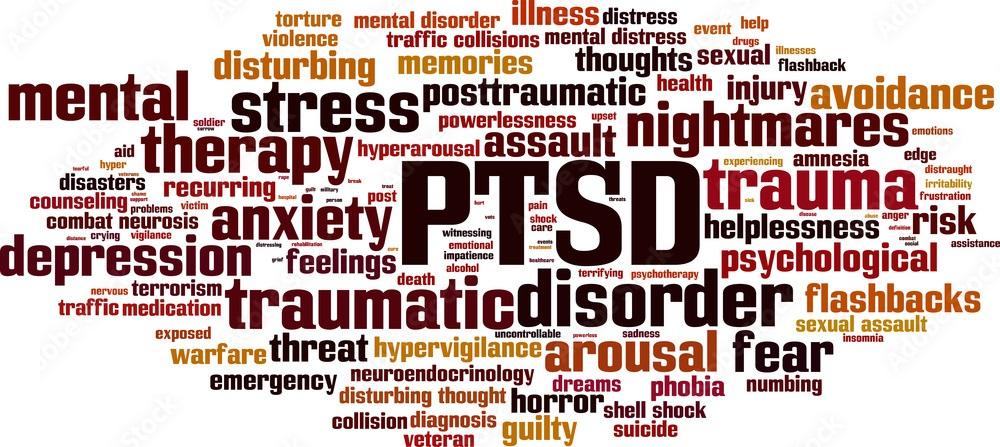Patients with PTSD (post-traumatic stress disorder) experience symptom improvements following the use of cannabis and cannabis products, according to a study published n the journal Expert Review of Neurotherapeutics.
For the study researchers examined the safety and efficacy of cannabis products in 162 PTSD patients with a physician’s authorization to use medical cannabis. Study subjects were participants in the UK Medical Cannabis Registry who consumed either cannabis extracts or THC-dominant flowers for a period of six-months.
The study claims that PTSD patients saw “statistically significant improvements” in a variety of domains, including sleep, anxiety, and stress. Adverse events were found to be mild in severity.
“This observational study suggests an association between CBMP [cannabis-based medicinal products] treatment and improvement in PTSD-specific, HRQoL [health-related quality of life], sleep, and anxiety outcomes at up to 6-month follow-up,” states the study. “CBMPs were well-tolerated and adverse events manageable.”
Researchers conclude that this study “can serve to inform future randomized placebo-controlled trials with the aim of confirming these promising effects, whilst informing current clinical practice.”
The study was conducted by researchers at the Imperial College London, St. George’s Hospital NHS Trust, Kings College London and the South London & Maudsley NHS Foundation Trust. The full text of this study can be found by clicking here.
The full abstract of the study can be found below.
Abstract
Background: The current paucity of clinical evidence limits the use of cannabis-based medicinal products (CBMPs) in post-traumatic stress disorder (PTSD). This study investigates health-related quality of life (HRQoL) changes and adverse events in patients prescribed CBMPs for PTSD.
Methods: A case-series of patients from the UK Medical Cannabis Registry was analyzed. HRQoL was assessed at 1-, 3-, and 6-months using validated patient reported outcome measures (PROMs). Adverse events were analyzed according to the Common Terminology Criteria for Adverse Events version 4.0. Statistical significance was defined as p < 0.050.
Results: Of 162 included patients, 88.89% (n = 144) were current/previous cannabis users. Median daily CBMP dosages were 5.00 (IQR: 0.00-70.00) mg of cannabidiol and 145.00 (IQR: 100.00-200.00) mg of Δ9-tetrahydrocannabinol. Significant improvements were observed in PTSD symptoms, sleep, and anxiety across all follow-up periods (p < 0.050). There were 220 (135.8%) adverse events reported by 33 patients (20.37%), with the majority graded mild or moderate in severity (n = 190, 117.28%). Insomnia and fatigue had the greatest incidence (n = 20, 12.35%).
Conclusions: Associated improvements in HRQoL were observed in patients who initiated CBMP therapy. Adverse events analysis suggests acceptability and safety up to 6 months. This study may inform randomized placebo-controlled trials, required to confirm causality and determine optimal dosing.


